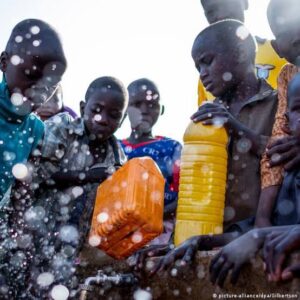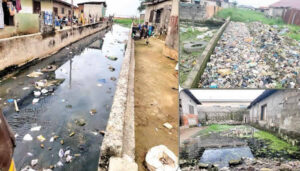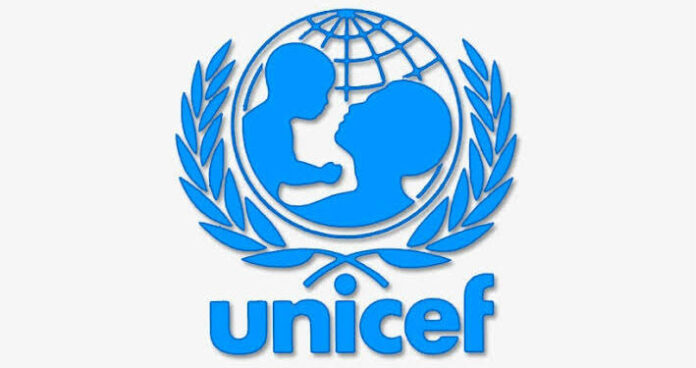The scourge of cholera has struck with a vengeance, claiming 15 lives in Lagos by Saturday. In the face of this catastrophe, UNICEF has issued an urgent plea: immediate and drastic improvements in access to clean water and sanitation are essential to save lives.

Leading the charge is Ms. Celine Lafoucrier, Chief of UNICEF’s Lagos Field Office. Her voice rings with the gravity of the situation, urging a united front to combat the relentless cholera outbreak. “We must transform hygiene practices into cultural norms,” she proclaims, pushing for a grassroots revolution in sanitation.

Communities must rise, creating robust systems to promote hygiene. This is no longer a recommendation but a necessity, Lafoucrier emphasizes. She calls for sweeping state-led educational campaigns to arm citizens with knowledge against cholera’s deadly grip.
“The recurrent cholera outbreaks gravely endanger children and the broader population,” Lafoucrier warns. The youngest are the most vulnerable, facing severe dehydration and high mortality rates. These crises starkly reveal the desperate need for clean water and proper sanitation.
Despite the state government’s ongoing efforts, the current outbreak exposes a critical shortfall: the water provided must be clean and safe. Lafoucrier underscores that Water, Sanitation, and Hygiene (WASH) interventions are the frontline defense against cholera. Safe drinking water, adequate sanitation, and effective water management are not mere components but the very foundation of a robust response.
Improved water and sanitation could avert nearly one-tenth of the global disease burden, she notes. The urgency is clear: state policies must pivot to provide high-standard water and sanitation facilities, alongside bolstered healthcare systems ready to meet the demands of outbreaks. Education campaigns on cholera prevention are not optional but vital shields for children and the populace.
The economic argument is also compelling: every dollar invested in water and sanitation yields up to eight dollars in benefits. Safer water could prevent 1.4 million child deaths from diarrhea, 500,000 from malaria, 860,000 from malnutrition, and protect 10 million people from debilitating diseases like lymphatic filariasis and trachoma.
UNICEF’s call is a clarion cry for action. The battle against cholera is fierce, but with immediate, collective, and determined efforts, it is a battle that can be won.
Victoria Ibiama




